



We are on a mission to make the world a better place through human engagement.
Our goal is to improve processes and outcomes by including human factors from the outset.
You should come to us with hard to resolve questions and problems about connecting with and understanding people.
We are one of the few organizations doing large scale ethnographic research in the fields of energy and sustainability.
Our goal as an organization to work on climate change issues wherever they crop up - energy, water, pollution, air regulations, land use policy, transportation...
We will help you transform programs that run on outputs, into programs that run on outcomes. We bring theory and rigor to any design process.
Here are some numbers. Numbers can tell stories.
* 99% of Austrians donate their organs. In an experiment in 2003... When participants had to opt in to being an organ donor, only 42% did so. But when they had to opt out, 82% agreed to be donors.
http://www.behaviouraldesign.com/2015/08/11/why-99-of-austrians-donate-their-organs
** 70% of Americans now accept that climate change is happening. Outnumbering those who don't by a 5 to 1 ratio, according to a new survey by the Yale Program on Climate Change Communication. More than half of those surveyed, 58%, said they also understand global warming is caused mostly by human activities, such as the burning of fossil fuels.
https://e360.yale.edu/digest/americans-who-accept-climate-change-outnumber-those-who-dont-5-to-1
*** A quarter of Americans are going commando on a regular basis...
https://www.complex.com/style/2014/03/americans-like-going-commando-vanity-fair
**** Renewable Energy Surges to 18% of U.S. Power Mix. Eighteen percent of all electricity in the United States was produced by renewable sources in 2017, including solar, wind, and hydroelectric dams. That's up from 15% in 2016.
http://fortune.com/2018/02/18/renewable-energy-us-power-mix
Participation *
Building Consensus **
Consumer Comfort ***
Renewable Energy ****
Susan is a cultural anthropologist who has researched culture, behavior, and sustainability for over twenty years. Her work has included such high points as testifying before Maryland Governor Martin O'Malley with bright pink hair. Any given work day might find her:
Stephen is a cultural anthropologist. With an additional background in mathematics and programming, he is interested in combining analytical approaches with ethnographic insights. As a former teacher, he strives to understand how culture influences human learning and decision-making.
In his free-time, he is:
Helena is an Applied Anthropologist. The past decade has been spend in consumer research, and as a Swede, she finds American contemporary living fascinating. She is equally happy hanging out with painters and plumbers rummaging through their trucks while discussing how the economy influenced their expansion of trade skills, as she is asking to see what is in the back of a woman's intimates drawer to figure out how personal life events change underwear preference.
More fun projects:

Cherry is an Applied Anthropologist who has spent the last 13 years researching human behavior. From consumerism to anti-corruption initiatives, Cherry is thrilled to talk to people about how they use their electronics or observe how they select their frozen potatoes. She is always fascinated with the "why" behind decision making.
During any given week you might find Cherry:
Amy is a creative problem solver and community builder with deep experience in business and technology. She now uses her extensive business experience in the areas of energy, social justice, and non-profits. She speaks the languages of multiple functional areas, enjoys translating between them, and travels fluidly between the forest and the trees of business objectives. Her superpower is recognizing people's individuality.

Clarissa is an applied anthropologist whose research interests lie at the intersection of human-technology interactions and education. She is particularly interested in how individuals' identities and attitudes towards different media and technologies affect the ways they use and interact with them. Most recently she has worked with a STEM-based educational nonprofit where she supported general education teachers as they implemented engineering programming and technologies in their classrooms. She is looking to continue to explore her research interests through other tech-focused opportunities.
You can usually find her:
Please enjoy this short video concerning our EPIC project on consumer behavior and technology.
The Practice of Anthropology in the National Capital Region: Private Sector Applications. A Special NAPA/WAPA Collaboration, December 6, 2014. Chair: Susan Diane Mazur-Stommen, with presenters: Cathleen E. Crain, Elizabeth Schill, Elzbieta Godziak, and Carol J. Ellick, and Ben G. Blount
Stream Audio NAPA-2014-Private-Practice-DC
(Format:MP3, Duration:1h35m).
We can conduct high-level, detailed proprietary research for you.
Contact us for a consultation.
We can improve any process. We even offer a money-back guarantee.
Contact us for details!
Jumpstart internal brainstorming or use us as an idea incubator.
Contact us to start planning.
You have questions? We tell you how to get the answers. We can design a strategic plan for internal research.
Contact us to talk.
New product line or program offering? Research you are uncertain about?
Contact us for help, anytime.
Have a project but lack bandwidth? No problem, we can help you with turnkey project management.
Contact us.
Documented success across a variety of sectors.
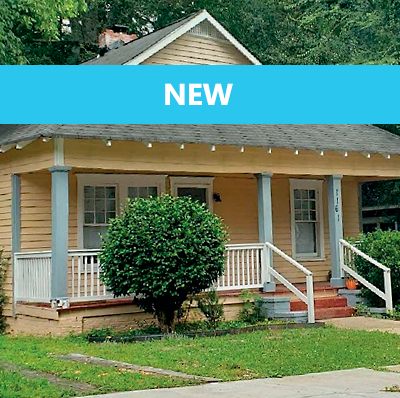

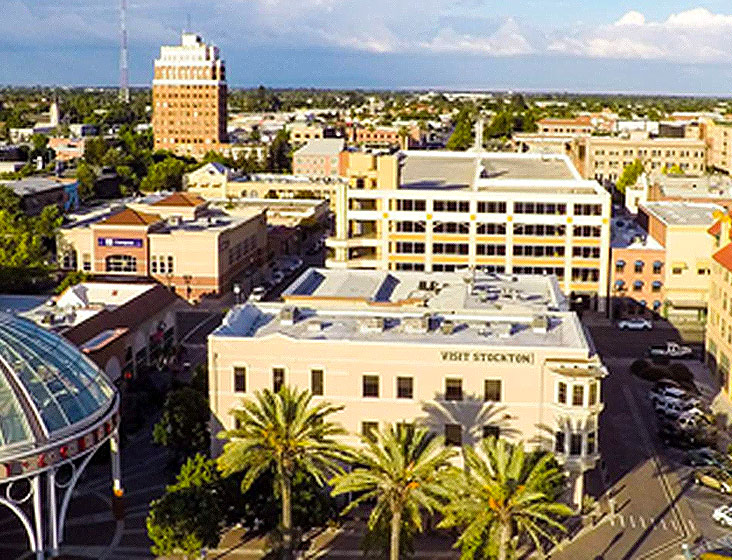

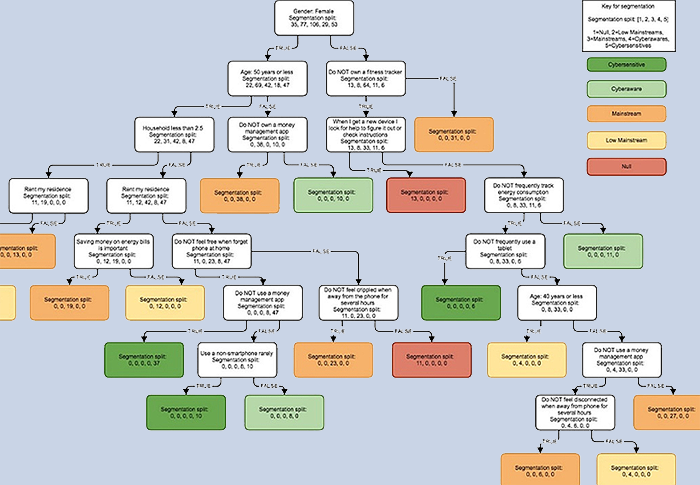


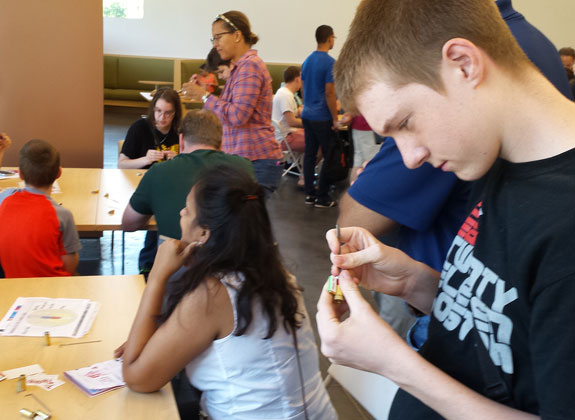
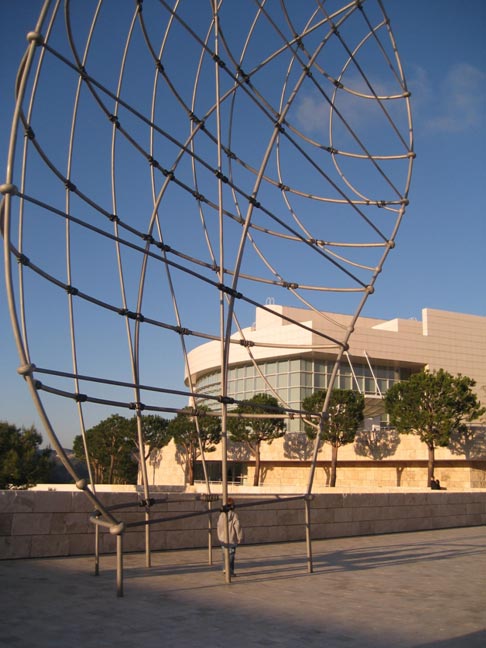
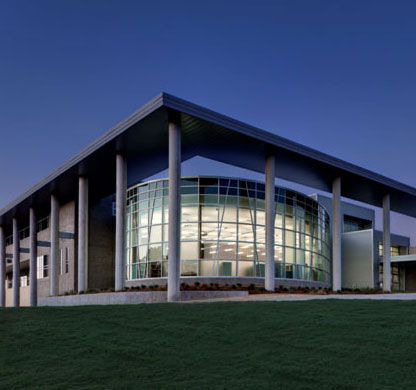
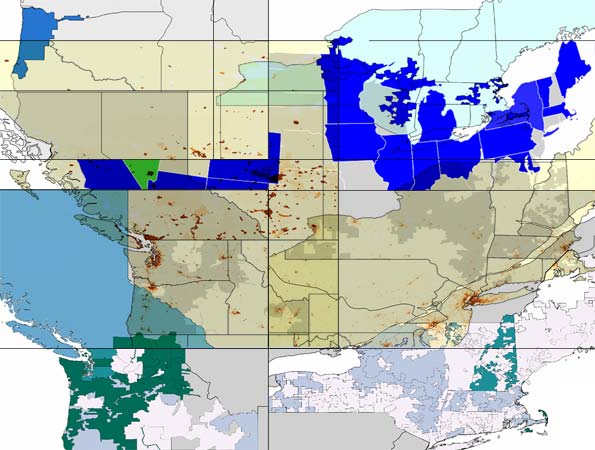




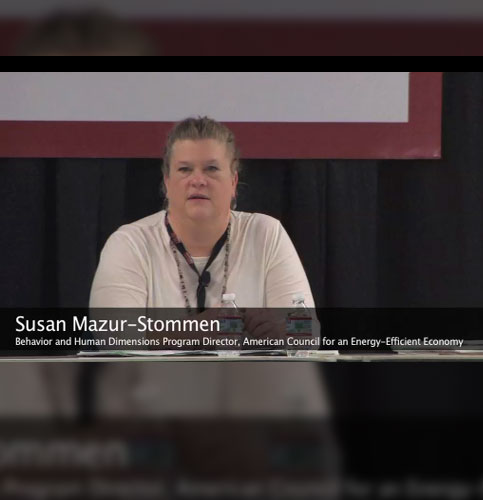
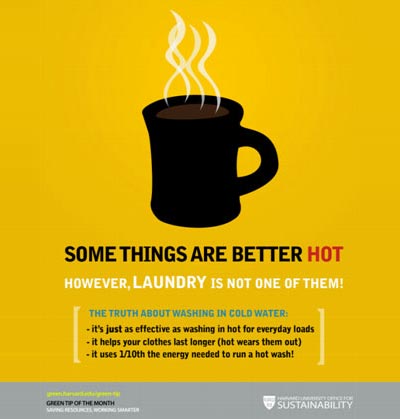






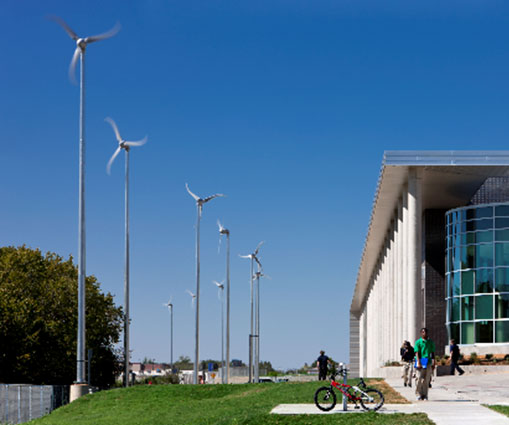
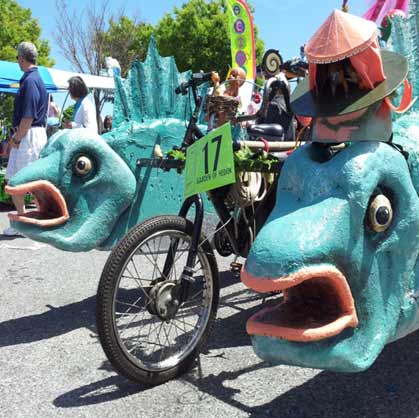

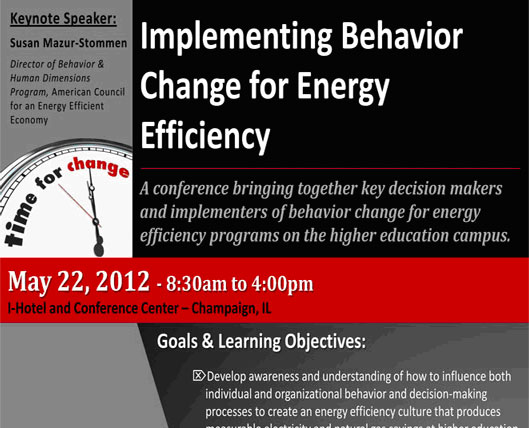
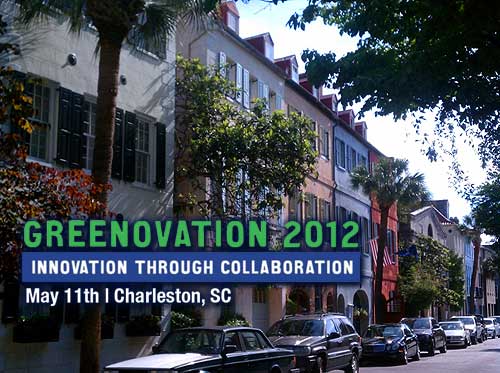
Documented across a variety of outlets.
Get connected with us on social networks!
Pick a plan that best works for your needs.
We would like to hear from you.